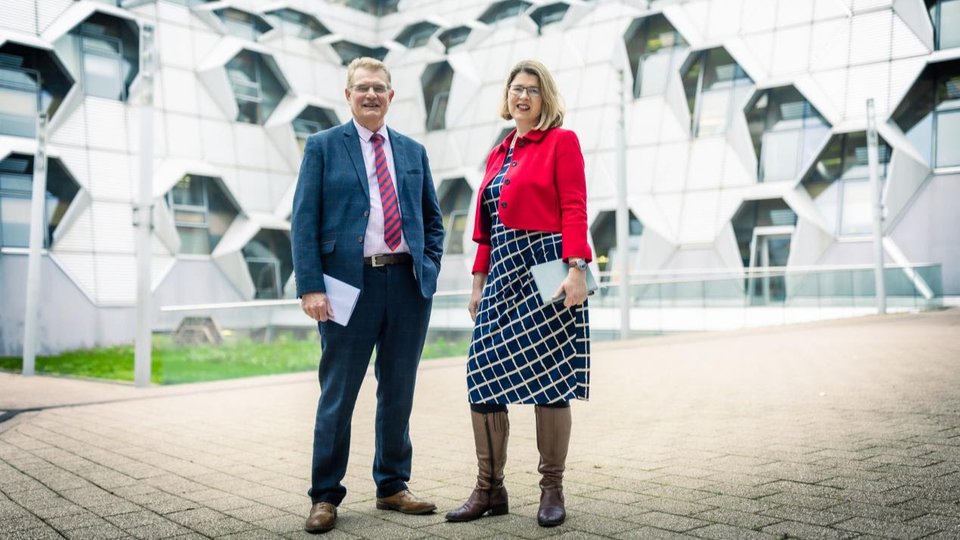Display Technology
Coventry University announces large grant for digital laboratory

December 8, 2022
Coventry University's Precision Digital Manufacturing and Healthcare Technology Lab has received a British government grant for approximately $6.1 million (£5 million) to fund a digital laboratory for engineering and healthcare applications, according to a press release.
Funded by the British Office of Students, the grant will help equip the laboratory with digital technology, including 3D metal printing and high-end radiography equipment (including relevant display technologies).
The grant aims to benefit students from the department of engineering, environment and computing and the department of health and life sciences, with an eye to innovation in emerging technologies like prosthetics and wearables.
"This project presents great opportunities for students as they will be able to access state-of-the-art digital engineering technology, but further forward collaboration between both faculties will offer great benefits especially in areas such as digital healthcare," Catherine Hobbs, academic dean of engineering, environment and computing, said in the release. "The precision 3D printing technology available will mean we can create usable components for healthcare applications, while digital twinning will allow us to simulate how objects will work in a virtual environment. We are absolutely thrilled that we will be able to invest in these technologies; it's an incredible opportunity for us that doesn't come around very often."
"Digitization of healthcare is the future and in order to develop this area we need to have access to this high-cost equipment, enabling us to train the specialists that our hospitals are calling out for," Stephen Hagen, interim academic dean of health and life sciences, said in the release. "We already have equipment to train our students in diagnostic radiography, but this new laboratory will make it possible to teach therapeutic radiography, which is the use of radiation to treat cancer. Having this level of collaboration between faculties in a shared laboratory will make us unusual as a university, as due to the high cost, many higher education institutions are not able to offer these facilities. Nationally there is a shortage of key staff in these specialist areas of healthcare. We're delighted to have this opportunity. Without large capital investments like these we would not be able to gain access to this type of specialist and costly equipment."
 ChatGPT
ChatGPT Grok
Grok Perplexity
Perplexity Claude
Claude






